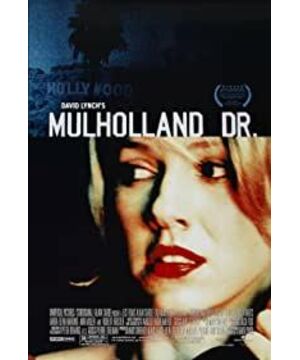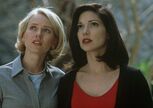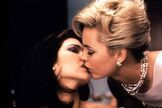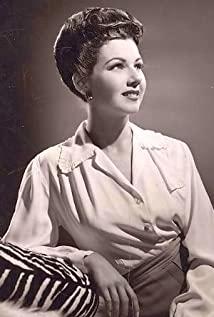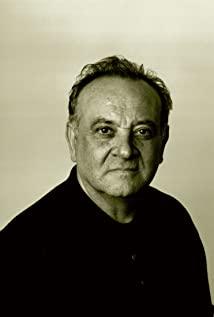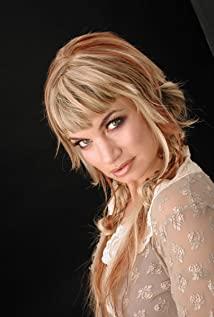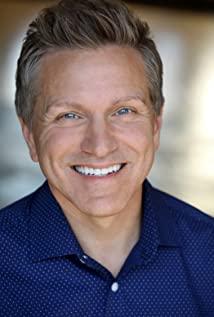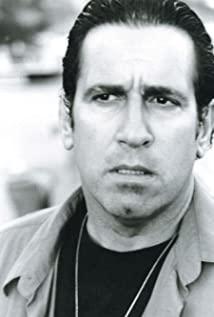First, I will post a short comment I wrote after reading it yesterday: I will have a lot of dreams in the past year. The characters and stories in the dreams are strangely strung together, and some strange scenes (maybe I have been there in the past, seen on TV, watched novels, or even unfamiliar places with the above splicing), some people who are familiar or unknown or have no face (and I can be any of them in the dream), some strange stories that do not actually make sense force the dream. Development, to the point that this person did something that I couldn't forget when I woke up because it was related to my life (but didn't expect it to come true). The things I encountered during the day, the things I was thinking about, and the tangled things were all glued to this dream, promoting the development of the dream. I once thought that if I remembered all this in my dream, it would probably be a magical story, but I saw someone shoot it today. There are two scenes in the movie that felt familiar when I saw them: Adam cheated on his lover, I remember his home, but I remember him hitting his lover's car with a golf club - but I don't remember at all except for these two scenes Have seen this movie. Otherwise, I have seen it but can't understand it; otherwise, I have also happened to dream about it.
The film has too many details and rich connotations. The following are just a few of the more impressive details observed, and they are written here. Too lazy to switch input methods, so the following heroine refers to Diana.
- Speculation about the two old people and the heroine's childhood. At the beginning of the airport, in the taxi, the two old men laughed very strangely. Originally, they thought it would be related to Truman's world, and everyone was acting - but it was also excellent as a foreshadowing of dreams. People with prosopagnosia can't tell if the old man is an aunt or not. But I thought the two old people might be her parents. The childhood that her parents brought her may not be a good one, it is a lot of ridicule and accusation. The heroine in the dream is extremely confident and sunny, but she can’t shine; while the heroine in reality dims and volunteers to play a supporting role in her lover’s movie—it may indicate a different experience and personality from the dream, and this may be childhood The shadow of the - that kind of ridicule may be the beginning of all tragedies. This kind of ridicule has always been in her mind, and when she grew up, the source of laughter became the people around her - such as the people at the banquet. (I saw the film review again and said that the heroine may have had an unusual sexual experience in her childhood; thinking back about that audition line, I think it makes perfect sense. Maybe when she was a teenager, her relatives may have developed a relationship with her that brought a lifetime of shadows. experience.)
- Some people and things, you think you have forgotten, are actually just in the subconscious, and may appear when you are dreaming - especially the scenes that happen to be captured in a very deep heart moment. At the banquet, when the heroine saw that her lover might have other same-sex lovers, when her lover announced the marriage, she remembered cowboy's back, she remembered the coffee in her hand, and the person opposite at that moment. the face of the man at the cashier when she decided to kill her lover in the restaurant. Later, these people are all spelled out in the dream related to the lover, and it is possible that they are playing a role related to the feeling of seeing them in reality at the moment, or completely random. What's more interesting is that I remembered the faceless people I usually dream of in my dreams-the faces of these people in the movie are very clear, telling us that these people in the dream actually have images pasted in memory, but we almost think in reality. He couldn't get up, so he became a faceless person.
- Deep feelings about a scene in reality may be directly mapped to the plot in the dream. In reality, the heroine was actually frightened on the way to Mulholland Road - the driver stopped at an unexpected position, and she might feel that her life was in danger at that moment, so she was deeply impressed; and in her dream, Muhyul Landau appears again and again as a terrifying place. There are many similar scenes. For example, the heroine felt warmth from the director's mother, so she became a considerate landlord in the dream; for example, the loneliness brought by the night view of the city overlooking LA repeatedly appeared in the dream; for example, blue The fear, regret, and lost love that the key meant was brought to the back of the restaurant, in the silhouette of the terrifying beggar who stunned the man... In retrospect, there were too many details, and it was worth going back and watching again.
- Regarding the "reality" in the last 20 minutes of the film, it is still not the real "reality" - it is the reality that is exaggerated because of the feeling, and the crazy thoughts when you are dying. At the banquet, the scorching eyes of the crowd, the provocative eyes of the lover from time to time, the lover kissing another woman, and the exaggerated smile with the fiancé, as if mocking her. In fact, all of this probably didn't happen in reality - how could a lover kiss in public, how could the director laugh out loud when announcing the marriage news - everything is probably a reflection of the heroine's feelings. Likewise, the blue box in the beggar's hand doesn't exist, it's just a Pandora's box that the heroine doesn't want to open...
- The heroine committed suicide the night she finished her dream. Most of the time, I forget some dreams after I have them. However, some dreams bring feelings that can't be dissipated for a long time, and even temporarily affect how I feel about something or someone. It's not difficult to understand how profound the heroine's dream is, bringing the last blow to her, who was already on the verge of mental breakdown. And she committed suicide at night, not just after dreaming during the day - the same thing, at night, her view will be more pessimistic, and her mood is more likely to be depressed and unstable.
- The "witness" I saw when I bought the murderer in reality became the weird "informer" in the restaurant in the dream, and the man opposite him should be the more leader of the two detectives who have been looking for her. A person. This scene means that the heroine may have repeatedly deduced the possibility of her own incrimination in the past few weeks; and that "witness" may have been casual eyes, which became an important part of her nervous breakdown.
- The phone book may have played an important role in a past story of the heroine.
- Like Pu Shu's "Orion Constellation" MV, many moments of daze, seeing the raindrops on the window, the light and shadow on the ceiling, the pull tab of the can on the ground, the pattern on the wall, will be enlarged and deeply imprinted in the mind. There are many scenes like this in the movie.
- Finally, the Silence Bar is something I don't understand: it may be a bar where the heroine has been to, and it has brought her very deep feelings; for example, it may be a bar where she danced with her lover, Leaving the opening images—everyone probably has moments like this in their lives, maybe some kind of epiphany, a place to meet a lover, an artistic performance that moves or grieves beyond measure—these may be in the Another emotion emerged, superimposed into a new emotion.
In the end, the dream given by the director is actually logical enough; the actual dream is often more imaginative. Sometimes before going to bed, when half-dream, half-awake, I can tell what I saw in my dream, remember that those are all very outrageous things - it can be recorded as interesting material.
View more about Mulholland Drive reviews


